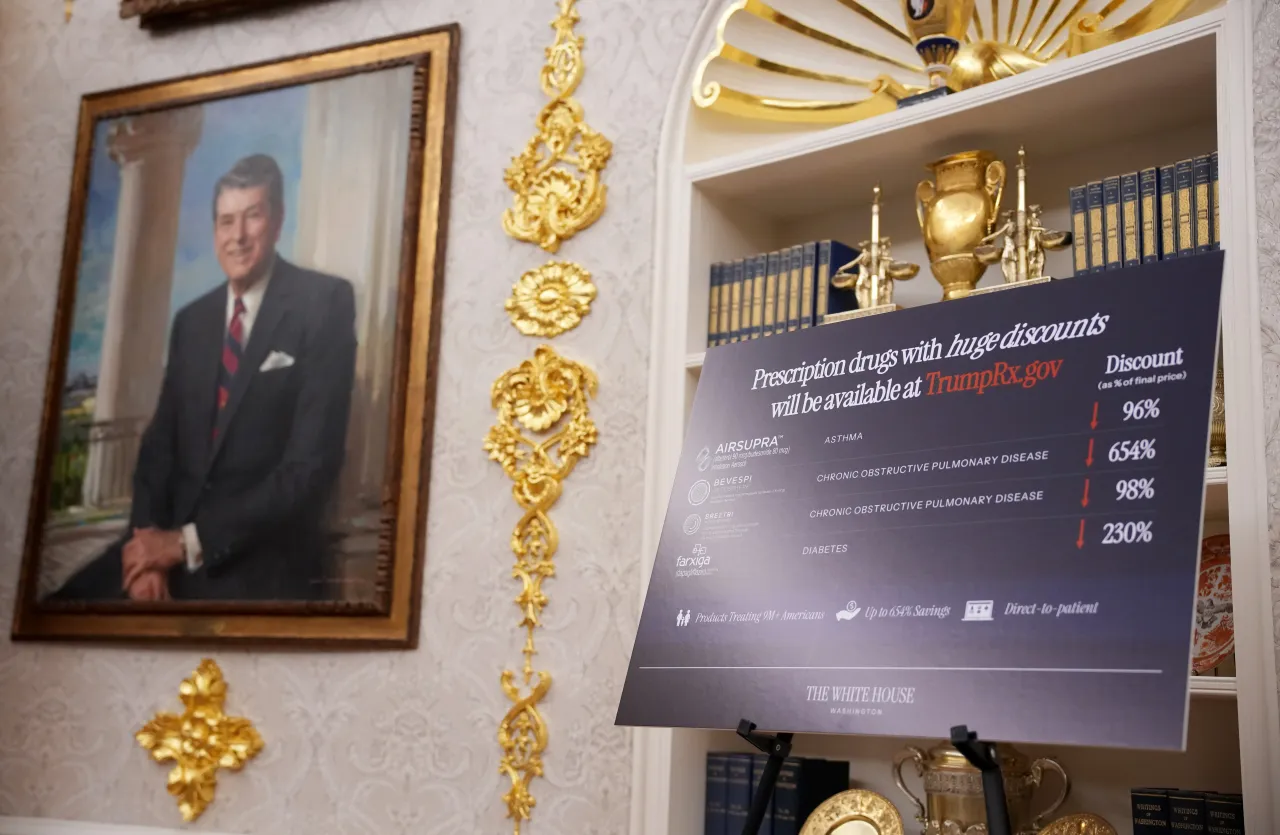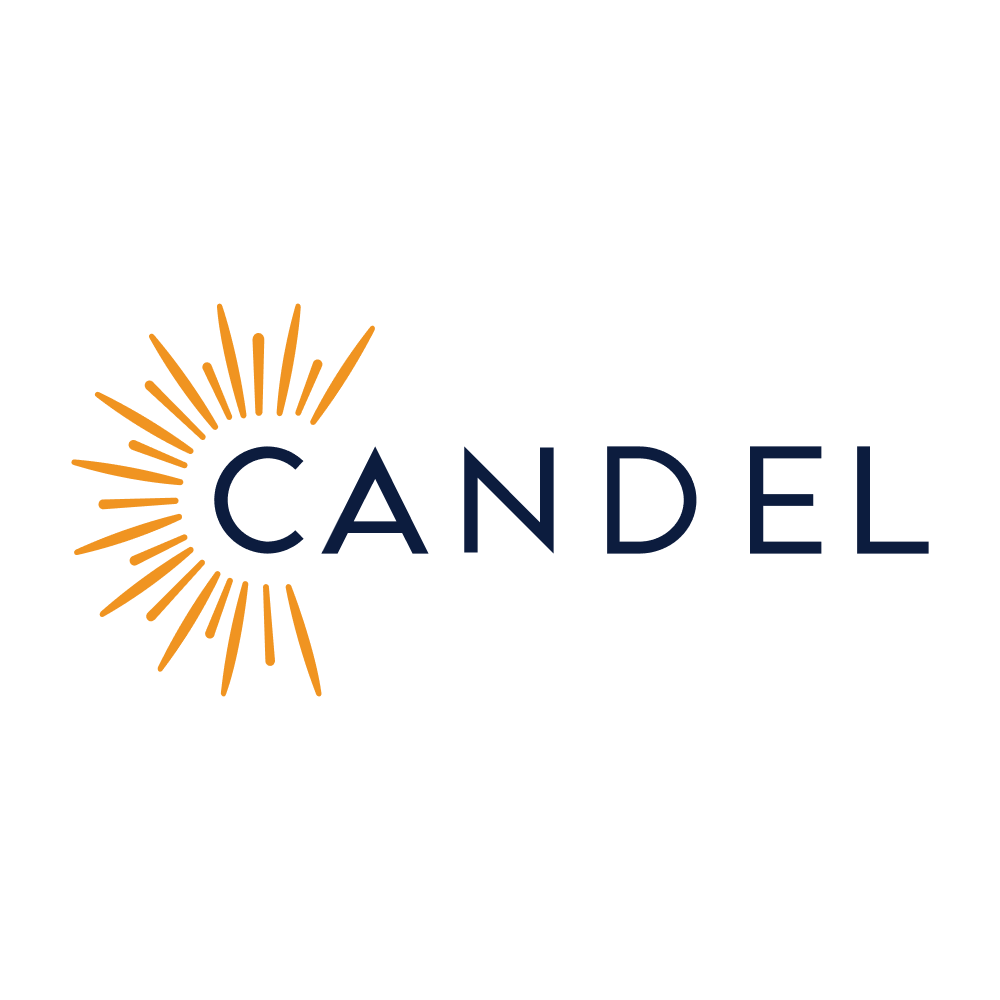Advertisement|Remove ads.
Eli Lilly And Novo Nordisk Ignite Bullish Retail Frenzy Ahead Of TrumpRx Deals To Slash Prices For Weight-Loss Drugs

- Eli Lilly and Novo Nordisk are expected to announce price reductions for their weight-loss drugs as part of the TrumpRx initiative, which could increase Medicare coverage and unlock new reimbursement opportunities.
- Retail sentiment on Stocktwits was ‘extremely bullish’ for both companies, with investors predicting LLY could hit over $920 and NVO rebounding after TrumpRx deals.
- The TrumpRx deals are set to be the third major pricing pact since September, following similar agreements with Pfizer and AstraZeneca to lower U.S. drug prices in exchange for tariff relief.
Retail chatter about Eli Lilly and Novo Nordisk surged on Tuesday after reports that both companies are preparing to announce deals with the Trump administration to cut U.S. prices of their weight-loss drugs in exchange for Medicare coverage, the federal insurance program for older Americans.
Eli Lilly’s stock extended its winning streak to four sessions on Tuesday, rising 1.2%, while Novo Nordisk saw its losing streak stretch to 11 sessions, dropping 1.8%.
Lilly And Novo Near Agreements To Offer Discounted Drugs
A White House source told Reuters that the agreements could be unveiled Thursday morning at a White House event with pharmaceutical executives. The announcement would mark the third major pricing pact since September, following similar arrangements with Pfizer and AstraZeneca.
According to Endpoints News, Lilly and Novo would offer the lowest dose of their weight-loss drugs for $149 per month, a move that could make their treatments far more accessible to Medicare beneficiaries while unlocking billions in new reimbursement opportunities. The Wall Street Journal separately reported that the administration is negotiating for lower-dose versions of the drugs to be sold through TrumpRx, a planned White House initiative for discounted medicines.
Zepbound And Wegovy Prices Expected to Drop
The starting dose of Lilly’s Zepbound would reportedly cost $299, about $50 less than what patients currently pay on the company’s direct-to-consumer website. Novo Nordisk confirmed it was in “constructive discussions” with the Trump administration related to the president’s most-favored-nation executive order.
White House spokeswoman Karoline Leavitt declined to confirm the deals but reiterated Trump’s commitment to reducing drug costs, saying, “We’re working with pharmaceutical companies to do that every day.”
Pfizer And AstraZeneca Tariff Relief Deals
The reported Lilly and Novo negotiations follow Pfizer's September agreement to lower U.S. Medicaid prescription drug prices to match those in other developed nations in exchange for tariff relief. The deal was reached following Trump’s threat of a 100% tariff on branded and patented drugs, which broke a months-long stalemate in talks.
A month later, AstraZeneca became the second company to reach a similar arrangement, pledging to cut prices across its portfolio for three years in exchange for relief from pharmaceutical tariffs. The British firm also agreed to sell discounted products through TrumpRx, expanding its direct-to-consumer offerings.
Both Pfizer and AstraZeneca were pressured into the talks after Trump’s summer directive ordering 17 major drugmakers to voluntarily lower prices or face penalties.
Broader Push for ‘Most-Favored-Nation’ Pricing
The Trump administration has pushed to link U.S. drug prices to those in other developed countries through a “most-favored-nation” policy, seeking to end what it describes as years of American patients subsidizing global pharmaceutical profits.
On Stocktwits, retail sentiment for both Lilly and Novo was ‘extremely bullish’ amid ‘extremely high’ message volumes.
Stocktwits Users Bullish On LLY’s Four-Day Streak, NVO Faces Mixed Sentiment
One user said that Eli Lilly was flashing "green" in their portfolio, highlighting its four-day winning streak. Another lauded the stock's performance, noting its "insane chart" and predicting further upside to $920 and $970.
In contrast, Novo Nordisk drew mixed reactions, with one user comparing it to Pfizer after COVID-19, suggesting the company may need to raise its dividend to reverse its losses.
Another user noted Eli Lilly's market cap is four times that of Novo, but remained optimistic, predicting that upcoming earnings, potential TrumpRx initiatives, and pill approvals could push Novo's stock back to $62.
While Eli Lilly’s stock has risen 18% so far in 2025, Novo Nordisk’s U.S.-listed stock fell 43% over the same period.
For updates and corrections, email newsroom[at]stocktwits[dot]com.














/filters:format(webp)https://news.stocktwits-cdn.com/large_Solana_722b6a3879.webp)
/filters:format(webp)https://news.stocktwits-cdn.com/Anushka_Basu_make_me_smile_in_the_picture_b92832aa_af59_4141_aacc_4180d2241ba8_1_2_png_1086e0ed8c.webp)
/filters:format(webp)https://news.stocktwits-cdn.com/large_X_Elon_Musk_274c6a8683.webp)
/filters:format(webp)https://news.stocktwits-cdn.com/large_kevin_o_leary_OG_jpg_2789641a97.webp)
/filters:format(webp)https://news.stocktwits-cdn.com/large_Getty_Images_2200882557_jpg_53f3e467bc.webp)
/filters:format(webp)https://news.stocktwits-cdn.com/large_Getty_Images_2260269284_jpg_cf42b9b8c3.webp)
/filters:format(webp)https://news.stocktwits-cdn.com/large_Patrick_Witt_d5f3eaa4da.webp)